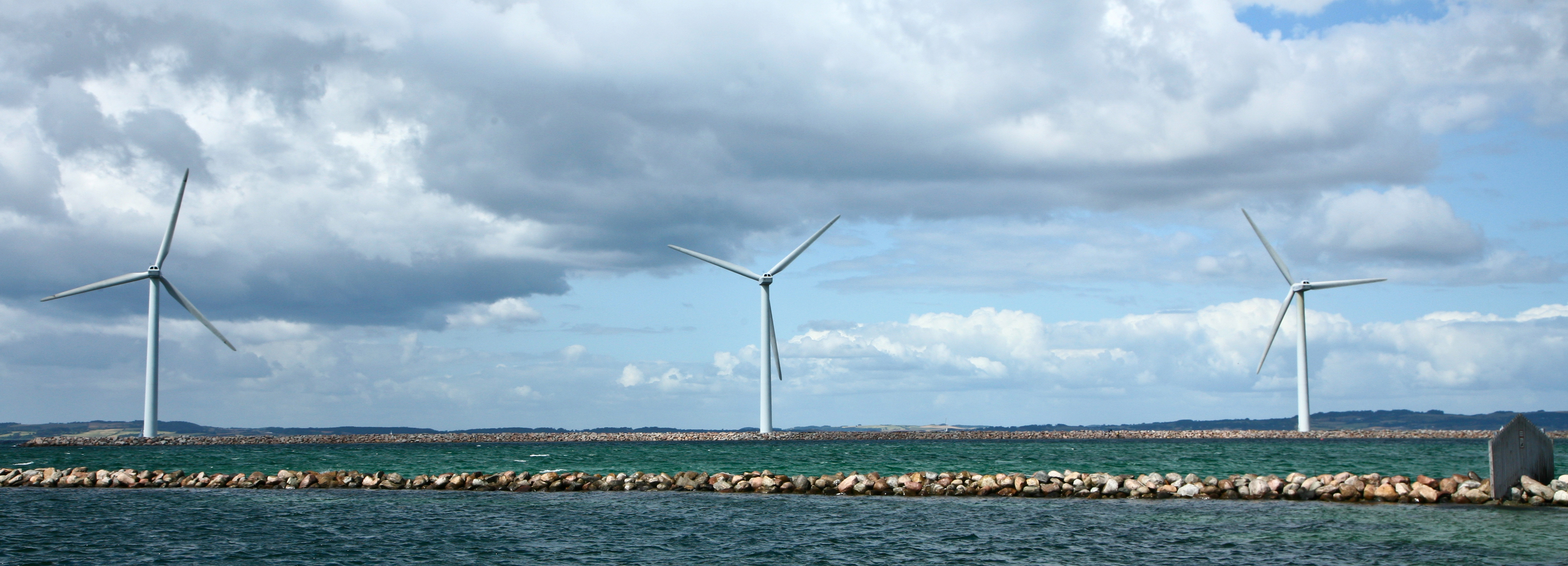
Are air and water the answer to the world’s climate challenges?
For more than 200 years, access to fossil fuels has been a motor for development and prosperity in our society. The downside is now evident in the climate changes caused by the greenhouse effect and which, within the next generations, will become even more large-scale if it is not possible to slow down the CO2 emissions. However, if fossil fuels are no longer the solution, what is the answer to our energy needs? Henrik Wenzel, associate professor and head of the SDU Centre for Life Cycle Engineering, makes a suggestion.
By Bolette Marie Kjær Jørgensen, bomk@sdu.dk
The climate summit in Bonn, COP23, ended early on Saturday, 18 November 2017, with a joint resolution that, for next year, a code of practice should be negotiated to be able to check whether the nations live up to the climate plans they have put in place in correlation with the Paris Agreement of 2015.
An agreement, which at the time was called nothing less than a historic victory for the climate, when 196 countries not only recognised climate change as a man-made problem – but also that each country was willing to counter these climate changes by limiting greenhouse gas emissions into the atmosphere.
With the Paris agreement, it was stated that the use of fossil fuels should be avoided in favour of renewable energy if the agreement’s content of keeping the rise in global temperature at a little below two degrees Celsius should in any way be fulfilled. However, what should replace fossil fuels?
According to SDU’s associate professor, Henrik Wenzel, head of SDU Life Cycle Engineering, it is first and foremost about renewable energy, but also that the solution is not found in a one-way focus on biomass, such as wood from forests and crops from agriculture.
“The Paris agreement concluded that we should gradually avoid fossil fuels and move toward renewable energy. However, the more precise you get, the more it hangs in the balance. The big problem with us relying indiscriminately on biomass as the future substitute for fossil fuels, is that there are not enough biological resources. We simply do not have enough space in the world and a massive stake in bioenergy will threaten both the Earth’s climate and biodiversity because it will involve a very high degree of converting monocultures from natural to plantation practices.”
A gift to our descendants
For the associate professor, it is a regrettable fact that as long as fossil fuels are so easily accessible, there will be no market economy incentive to use other alternatives.
“We have a colossal climate challenge. Recent studies show that the two-degree temperature rise is likely to be a reality within just 20 years if we do nothing. However, as long as there is easy and cheap access to abundant amounts of coal, oil and gas, it is difficult to find alternative fuels under market economy conditions.
The cheapest alternative is biofuel, but if unilateral use of biomass is not the answer to the climate challenges, then what can be done?” According to Henrik Wenzel, quite a lot. As a participant in the research project, V-SUSTAIN, which is funded by the Villum Foundation, he works with international experts to find answers to our climate crisis.
“If we are to reduce our dependence on biomass while achieving the Paris Agreement’s reduction targets, it is important that we get electrified transport and our heat supply. The necessary hydrocarbons can be made of water and air, which everyone has access to – it is right at our fingertips. There are no supply conflicts, no climate problems and no land dependence, so nature can remain natural.” Exhaustive studies in Denmark show that it will cost 0.5 percent of the GDP to convert to renewable energy – without excessive biomass consumption and with a large part of our fuels made up of ‘water and air’, namely hydrogen from the electrolysis of water and CO2 from the air and other sources. An expense there is to overlook something.
“We can’t keep waiting to be able to out-compete fossil fuels under market conditions, it will never happen and there is no time to waste. Instead, look at the sustainable energy system as a gift to our descendants – and is it not really a gift that is worth the price?” asks Henrik Wenzel.
Meet the researcher
Henrik Wenzel is an associate professor and head of SDU’s Life Cycle Engineering, which does research on sustainable development strategies (www.sdu.dk/lifecycle). He started the research area at SDU when he was hired in 2007. Last year it was established as an independent centre, and today there are 22 researchers from 9 different countries. One of the centre’s many research projects is Villum Centre for the Science of Sustainable Fuels and Chemicals, colloquially V-SUSTAIN - http://www.v-sustain.dtu.dk/. The centre will receive DKK 150 million over a period of eight years from the Villum Foundation. The centre is based at DTU, and comprises a research group at SDU, also research groups at the University of Copenhagen and Stanford University in California.